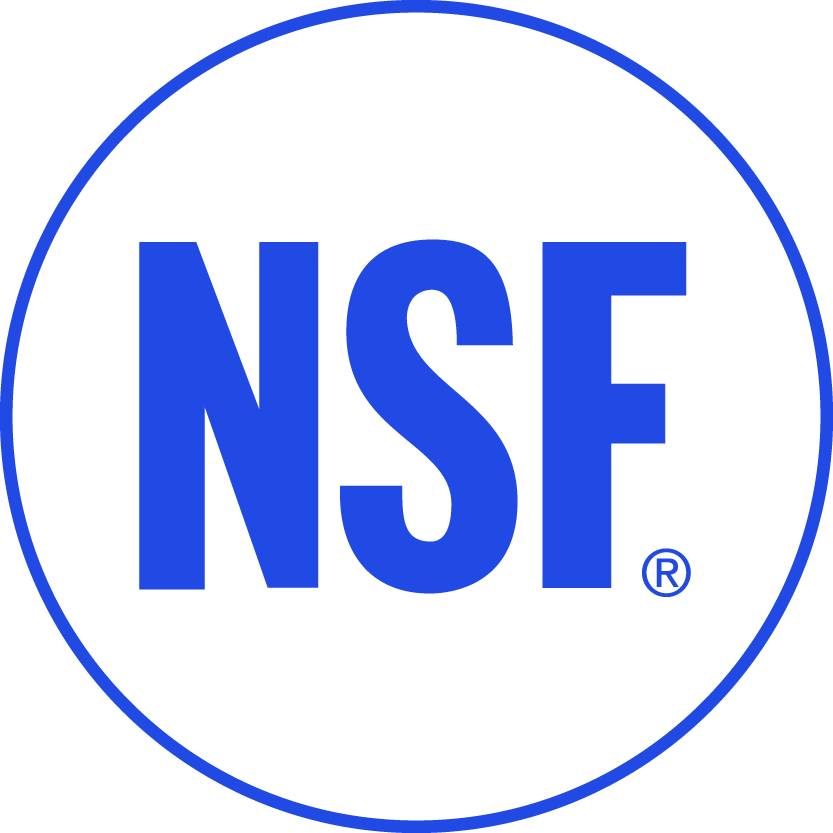Municipal Water Treatment
Our expertise encompasses all areas of public drinking water distribution from water storage tanks and reservoirs to water meters and individual components. NSF certification can ensure that your product meets regulatory requirements across North America with certification to NSF/ANSI/CAN 61. Additionally, through our global network, we can offer you the ability to access new international markets such as China, Brazil, the Middle East and Africa. Get certified by NSF – the most widely recognized and respected certification mark in the drinking water industry.
Concrete Site Mix Evaluation
Drinking water contaminants can come from many sources, including the equipment used for water storage and transportation. Concrete used in large storage tanks, reservoirs and pipelines is usually a combination of cement, admixtures, curing compound, sand and gravel. It can also contain fly ash and other additives to strengthen the concrete and increase its durability. However, any of these additives can have contaminants that can cause compliance problems for the utility and present potential health risks to the consumer.
Gasket Fabricators, Cutters and Repackagers
In addition to certifying gaskets and gasket materials under NSF/ANSI/CAN 61, NSF also provides certification of facilities that repackage, cut and distribute NSF/ANSI/CAN 61 certified gaskets.
This certification demonstrates that a gasket fabricator, repackager and/or cutter is committed to proving the quality and safety of its product throughout the supply chain. Those who pursue certification agree to annual monitoring by NSF and transparency into all aspects of their product processing, giving them differentiation in the competitive marketplace.
Lead Content Compliance
As of January 4, 2014, the U.S. Safe Drinking Water Act (SDWA) requires drinking water products sold or installed for use in public water systems, as well as plumbing in facilities, to meet a weighted average of not more than 0.25 percent lead. Third-party certification of these products to the new lead-free requirements will be required in many jurisdictions. Additionally, the states of California, Vermont, Maryland and Louisiana have already instituted these requirements for products currently in the market.
NSF/ANSI/CAN 61 Certification
If you manufacture, sell or distribute water treatment or distribution products in North America, your products are required to comply with NSF/ANSI/CAN 61: Drinking Water System Components – Health Effects by most governmental agencies that regulate drinking water supplies. Developed by a team of scientists, industry experts and key industry stakeholders, NSF/ANSI/CAN 61 sets health effects criteria for many water system components including:
- Protective barrier materials (cements, paints, coatings)
- Joining and sealing materials (gaskets, adhesives, lubricants)
- Mechanical devices (water meters, valves, filters)
- Pipes and related products (pipe, hose, fittings)
- Plumbing devices (faucets, drinking fountains)
- Process media (filter media, ion exchange resins)
- Non-metallic potable water materials
Public Drinking Water Equipment Performance
The NSF Guideline for Public Drinking Water Equipment Performance (PDWEP) and NSF/ANSI 419 establish performance requirements in the treatment and production of drinking water, and includes requirements such as the U.S. EPA’s Long Term 2 Enhanced Surface Water Treatment Rule (LT2ESWTR).
Certification under this program demonstrates compliance to federal testing requirements but also adds a unique audit component, to ensure that products are manufactured using recommended methods and processes.
This NSF program applies to equipment used in the treatment or production of drinking water in EPA-defined public water supplies, such as:
- Microfiltration membranes
- Ultrafiltration membranes
- Nanofiltration and reverse osmosis membranes
- Ultraviolet (UV) reactors
- Bag and cartridge filters
- Other products used in the treatment or production of drinking water
Certification to NSF/ANSI 419 covers ultrafiltration and microfiltration membranes as well as bag and cartridge filters. The NSF Certification Guideline for Public Drinking Water Performance covers technologies such as ultraviolet reactors and other products used in the treatment or production of drinking water.









